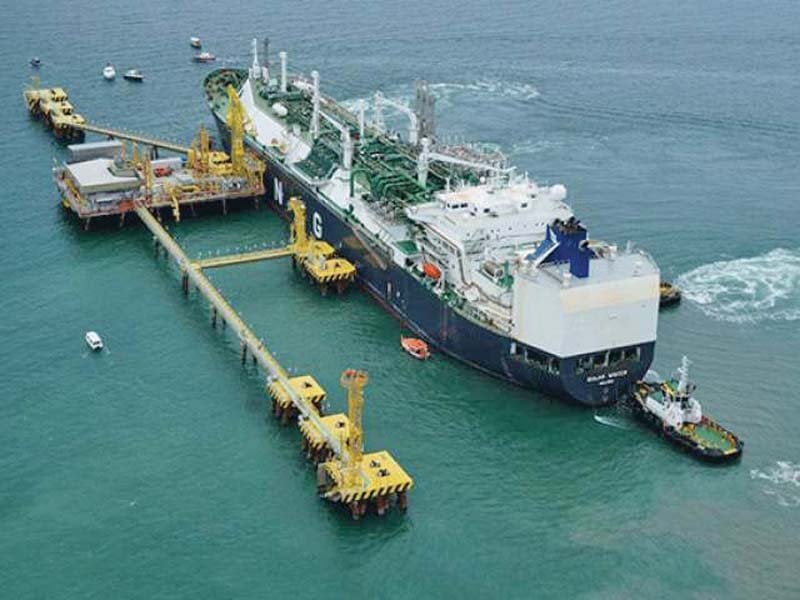
Key stakeholders reviewed the current energy demand in the country and the timelines of on-going power sector projects in a meeting of the Cabinet Committee on Energy (CCOE), chaired by Finance Minister Ishaq Dar.
‘Sign of confidence’: Dar hails WB approval for five energy projects
In absence of Prime Minister Nawaz Sharif, his daughter Maryum Safdar is looking after most affairs except in matters where the finance minister has some say.
“The Prime Minister has desired a detailed update on the progress of the on-going projects and has particularly emphasised expediting work on them,” said Dar during the meeting.
He directed the Ministry of Water and Power to ensure completion of the said projects as per schedule, said the hand-out issued by the ministry after the meeting.
Meanwhile, a detailed report, containing updates on the projects would be prepared for the PM, who is currently staying in the United Kingdom.
“The meeting reviewed progress on the on-going projects to see whether the timelines of the schedule of activities were being observed or not,” said the hand-out.
Energy, infrastructure projects: Govt expects $76b investment in 6 years
There were concerns that the short-term 1,000-megawatt power plant being planned to overcome the gap in supplies may not come online by the due date.
According to officials, the Ministry of Water and Power’s ambitious plan to add about 12,600MW of electricity was reviewed with scepticism, however, Water and Power Secretary Younus Dagha assured the CCOE that the on-going projects would be completed within their due time.
After initially promising to end load-shedding within one year after coming into power, the government has now given the deadline of March 2018 to end power outages. Currently, on average, urban centres are facing 6-8 hours of load-shedding, while rural areas are subject to an average 10 hours of blackouts.
Dagha also informed the committee that this year, the ministry was implementing a better load-management plan and there was no major power breakdown. “In line with the PM’s instructions, maximum facilitation has been provided to the general public during Ramazan by ensuring smooth and uninterrupted supply of electricity at the time of Sehr and Iftar,” he added. He said that despite the severe heatwave experienced during early May and the resultant increased power usage, load management had been carried out with due care. “No power unit suffered any shutdown this summer which helped maintain supply of electricity to the optimum possible level.”
To end load-shedding, the government has planned to add 1,745MW electricity in the national grid this year. The Chashma nuclear power plants three and four having combined generation capacity of 680MW are scheduled to come online. However, there was scepticism about adding another 630MW through wind sources this year.
For the next year, the government is striving to add an additional 8,100MW. This includes 3,600MW LNG-fired power plants, 1,420MW Tarbela-IV extension, 1,320MW coal-fired power plants in Sindh and 600MW of solar plant.
Pakistan’s inclusion in SCO to bring funds for energy projects
The officials said that there were concerns about the timely completion of Tarbela-IV and coal-fired power plants. The 3,600MW LNG projects have also not achieved financial close, although the government has allocated a significant chunk of the power sector allocations to complete these projects.
For 2018, the government is eying to bring 2,719MW power plants online but the officials were sceptic about the 969MW Neelum Jhelum hydropower project.
Published in The Express Tribune, June 30th, 2016.
Like Business on Facebook, follow @TribuneBiz on Twitter to stay informed and join in the conversation.

















COMMENTS (12)
Comments are moderated and generally will be posted if they are on-topic and not abusive.
For more information, please see our Comments FAQ